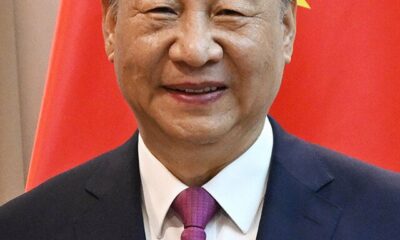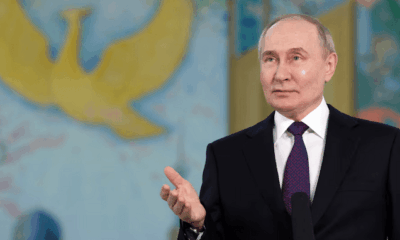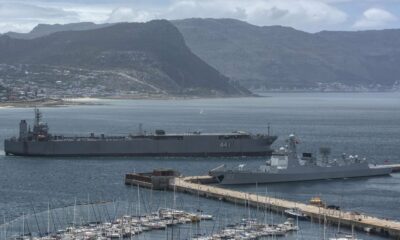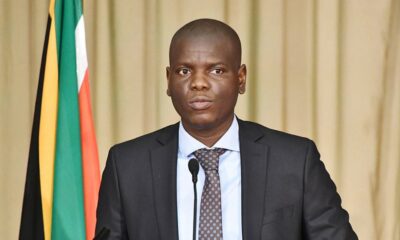News
How BRICS and OPEC Are Reshaping the Future of Global Energy Trade
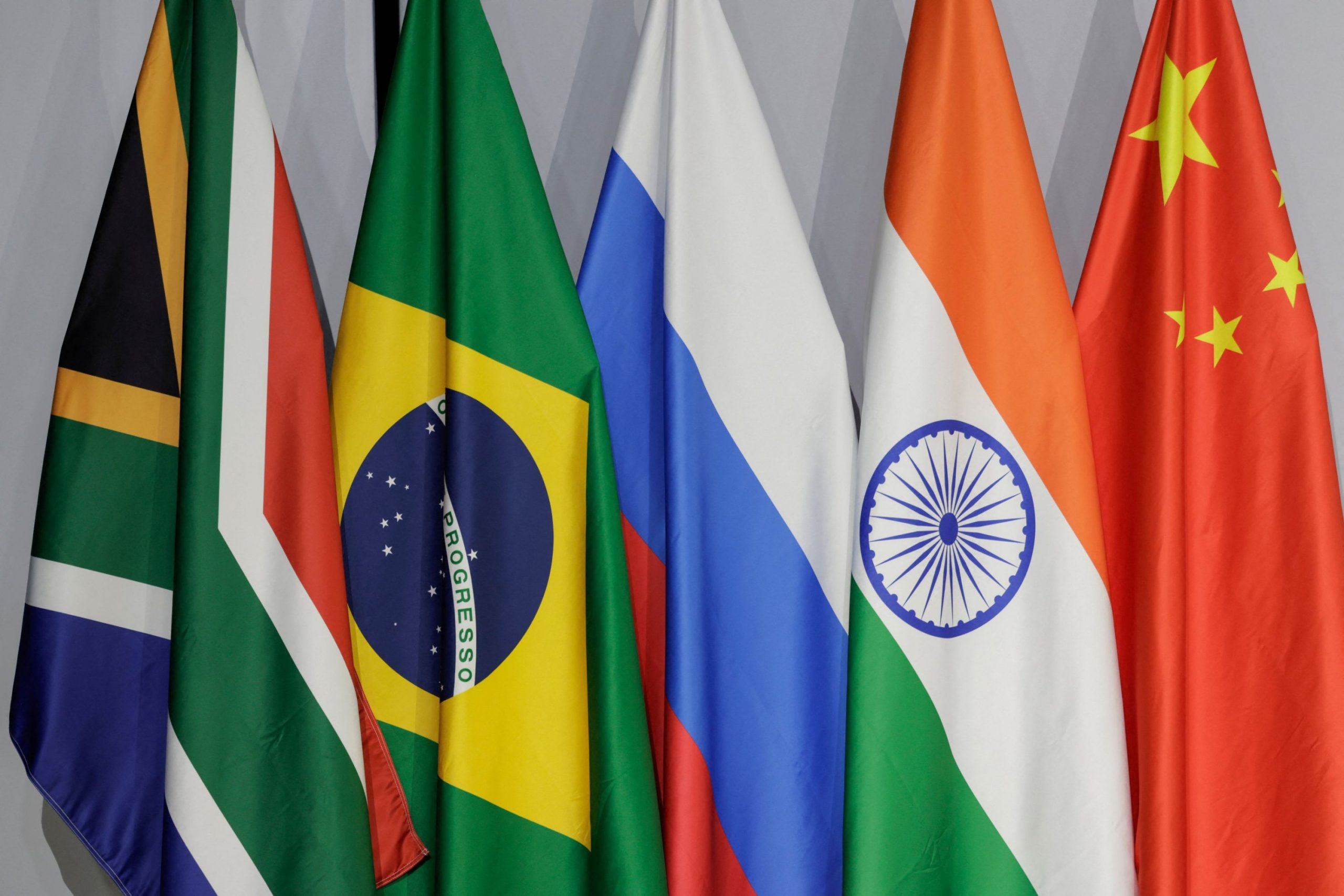
In a rapidly changing global energy landscape, a growing alliance between BRICS+ and OPEC+ is signaling a new chapter in how energy is produced, priced, and distributed. The collaboration between these two major blocs is more than just economic—it’s geopolitical. It reflects the aspirations of the Global South to lead and redefine energy governance, moving away from Western-dominated systems.
A Strategic Alliance with Global Reach
OPEC, founded in 1960 and expanded into OPEC+ in 2016, controls more than 50% of global oil production. Its core mandate has always been to stabilize global oil markets by adjusting output levels in response to market demands.
On the other hand, BRICS+—now including oil powerhouses like Iran, UAE, and potentially Saudi Arabia—aims to foster multipolarity, boost South-South economic cooperation, and reduce dependence on Western-led financial systems. Their growing cooperation in the energy sector marks a turning point in global trade dynamics.
Brazil Joins OPEC+: A Major Development
In 2023, Brazil made a strategic move by joining OPEC+. With daily oil production reaching 3.3 million barrels in 2024, Brazil is now the eighth-largest oil producer globally. Its membership allows it to influence global oil decisions while aligning itself with the broader BRICS+ push for a more equitable, multipolar energy system.
This move also deepens Brazil’s ties with Middle Eastern producers, reinforcing South-South cooperation.
Russia: A Power Player in Both Camps
Russia’s dual role in OPEC+ and BRICS+ gives it unparalleled influence in global energy decisions. As the world’s third-largest oil producer, Russia produced 10.5 million barrels per day in 2024, with much of it going to BRICS+ countries.
Through OPEC+, Russia helps set oil production policies. Through BRICS, it works to build new financial mechanisms and reduce dependence on the U.S. dollar. This dual engagement allows Moscow to shape both supply and pricing in the global energy market.
Middle Eastern Titans: Iran, UAE, and Saudi Arabia
The inclusion of Iran, UAE, and Saudi Arabia in BRICS+ marks a significant geopolitical shift. These nations not only control vast oil reserves but are also long-time members of OPEC. Their 2024 oil output remains formidable:
-
Saudi Arabia: 10.5 million barrels/day
-
Iran: 1.2 million barrels/day (despite sanctions)
Saudi Arabia’s pivot to BRICS+ reflects its strategy to diversify global alliances and invest more heavily in the Global South. Likewise, Iran’s growing exports to China and India, even under sanctions, demonstrates its evolving geopolitical strategy.
The UAE, meanwhile, serves as a bridge between traditional and future energy markets. It continues expanding its renewable energy portfolio while remaining an oil powerhouse, making its dual membership in OPEC and BRICS especially strategic.
Challenging the Old Energy Order
Western institutions have historically dominated global oil pricing and governance—often tied to the U.S. dollar. But the rising cooperation between BRICS+ and OPEC+ is disrupting this structure. BRICS is actively working to build alternative systems for energy financing and pricing that give greater voice to the Global South.
Institutions like the New Development Bank (NDB) are already funding energy projects across Africa, Asia, and Latin America, offering a parallel to Western-dominated finance.
A Multipolar Energy Future
This growing BRICS-OPEC+ alliance points to a more inclusive, multipolar energy order. By aligning their production strategies, financial frameworks, and geopolitical agendas, these nations are set to play a central role in global energy governance.
For businesses and governments worldwide, this shift means new opportunities—and new rules. As power realigns in the energy world, players in both fossil fuels and renewables will need to navigate a landscape where BRICS+ and OPEC+ are leading the way.
{Source: IOL}
Follow Joburg ETC on Facebook, Twitter , TikTok and Instagram
For more News in Johannesburg, visit joburgetc.com

